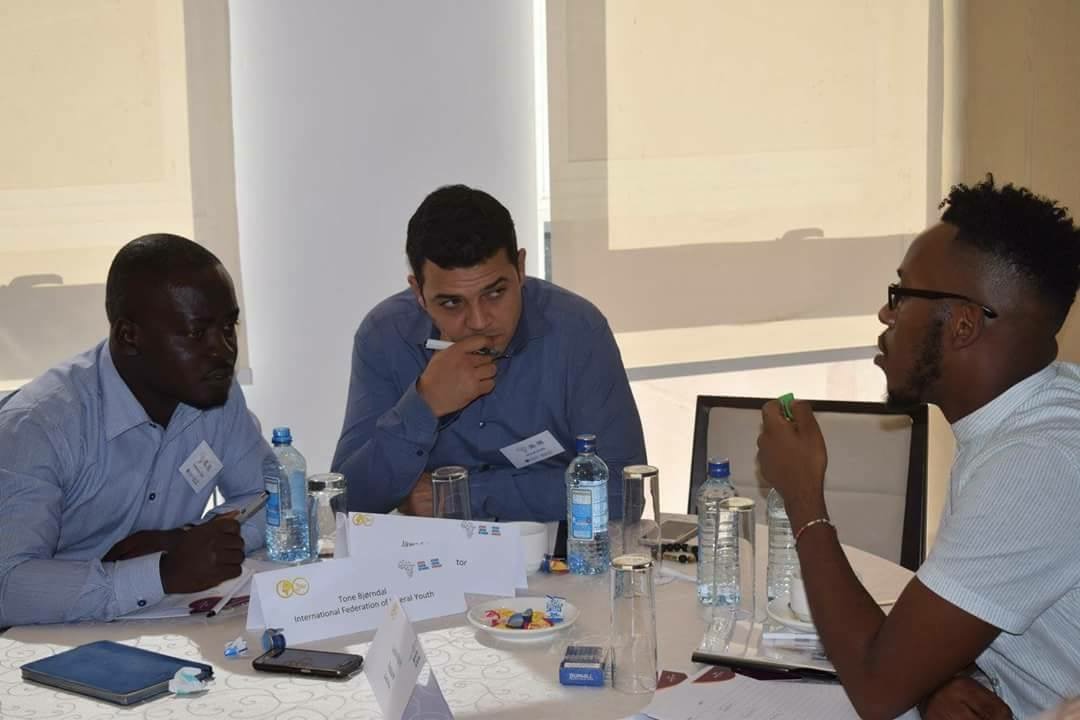The human body must obtain nutrients from food as we require around fifty nutrients for development and cells repair. Food security is an increasing challenge for African countries as we noticed recent interruptions to food supply-chains caused by prices fluctuation of food, climate change, low technical investments and sustainable political instability. Children are dying from calorie deficiencies and energy starvation, not necessarily hunger.
As African liberals, leading and building the modern African system of food production and distribution is one of our main – if self-appointed – missions. As cities are growing in the continent, the demand for food in Africa will not be met by local farmers in the proximity of towns. This rapid urbanisation must be anticipated and addressed by providing the needed mechanisms of public policy aimed at introducing the use of new technologies to balance the range of food production in Africa. For example, it seems that highly automated farms in Morocco and South Africa are more cost-effective than small family operated farms. The structured farmers were able to buy fertilisers and equipment at cheaper rates and showed an ability to adopt and adapt new technologies. The easing of hunger and malnutrition in the continent is not just a matter of food production; It is not only a matter of international financial aid from developed countries to our governments; the improvement of seeds and the use of fertilisers and irrigation is transforming food production in many African countries. This could perhaps be our own version of African Green Revolution.
However, feeding a continent of one billion people will definitely come at an environmental and social cost. These might include overgrazing, soil erosion and desertification. All the while, water levels are falling, and communities are facing forced removals. Furthermore, we know that our modern agriculture system will heavy rely on energy such as fuel to run equipment, use of water and cheap or dangerous synthetic pesticides or fertilisers.
Ensuring food safety in the continent is a challenge to all governments, it and requires specific laws and mechanisms of enforcement. Chemicals used in the growing or preserving of food products could present health risks to the public, and as such must be monitored and regulated carefully. The African diaspora must play a leading role in sharing best practices from aboard. We must also understand the vitality to invest in renewable energies in today agriculture to satisfy the market needs of tomorrow.

